Category:War on Drugs


How and why the war on drugs has failed
March 21, 2024 | Post
In this article, we’ll dissect the failures of the war on drugs, seeking to uncover the factors that have led to its ultimate downfall, as well as diverse arguments for ending the war on drugs and embracing legalization.
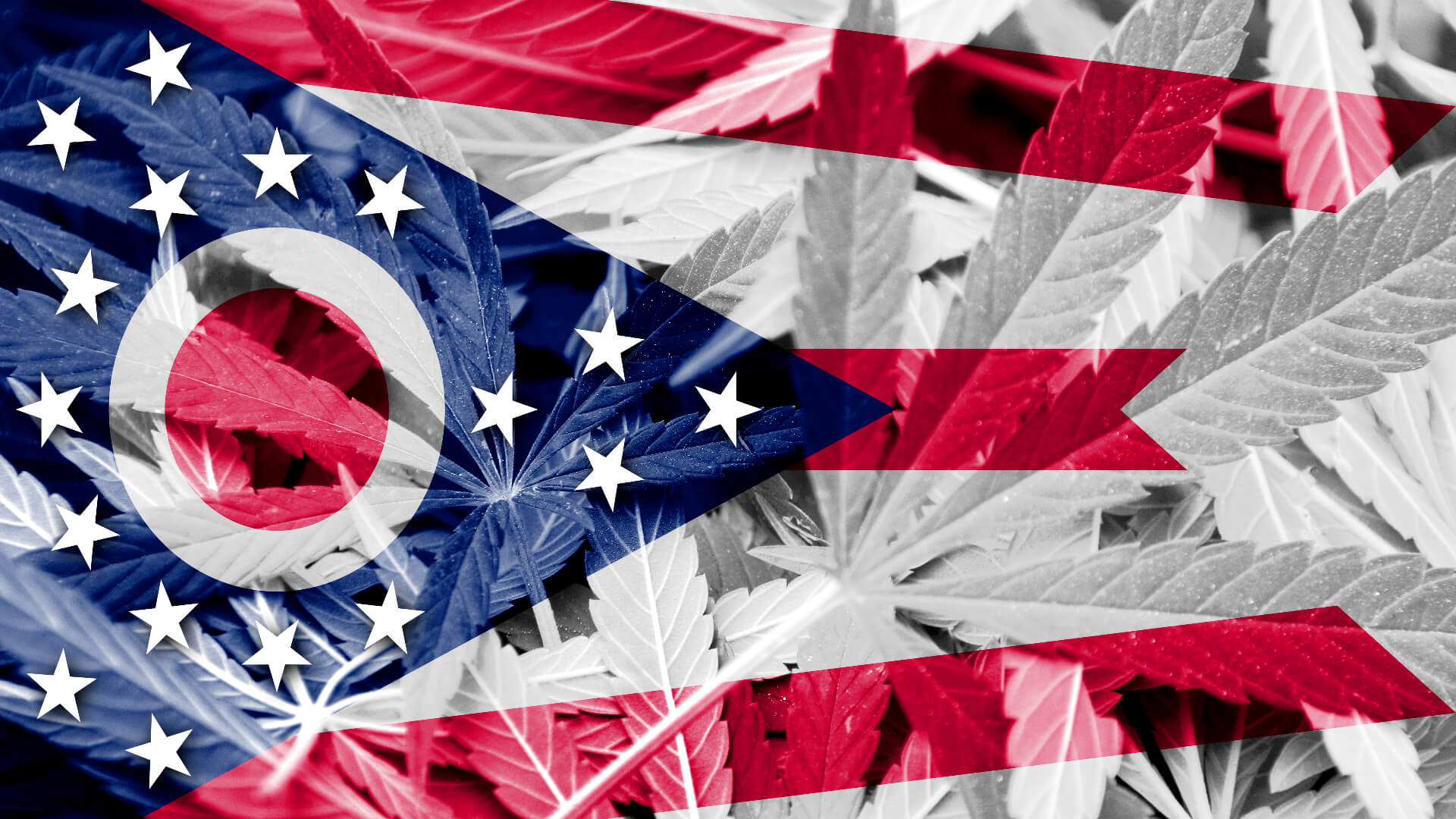
Ohio voted to legalize marijuana: here’s what you need to know
November 9, 2023 | Post
On November 7, 2023, voters in Ohio approved the Regulate Marijuana Like Alcohol initiative, listed on the ballot as Issue 2. With almost 57 percent of voters in favor, Ohio thus becomes the 24th state to legalize recreational marijuana. Now, let’s take a look at what happens next and what exactly the legalization of marijuana in Ohio will look like?
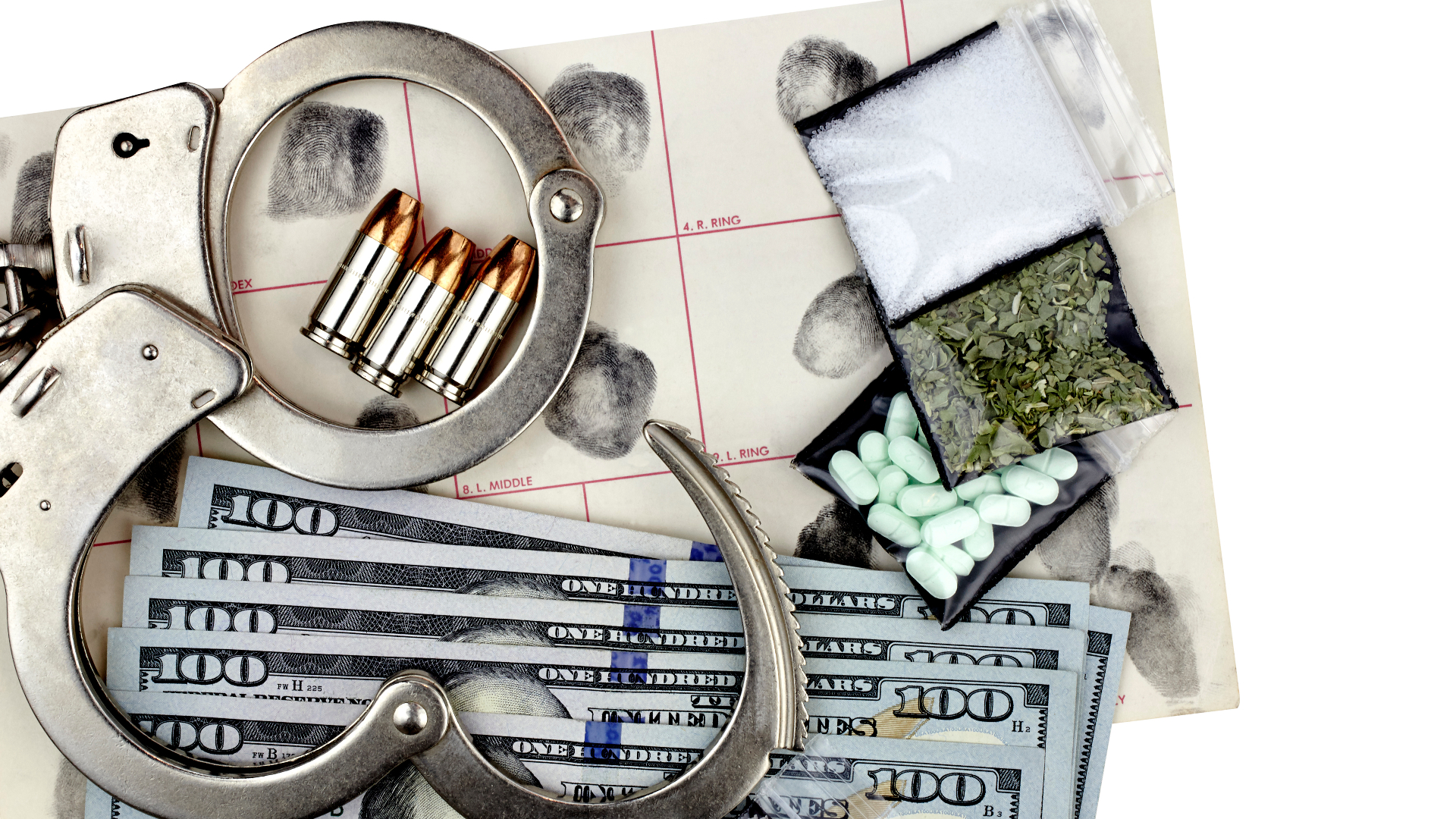
Why (and how) the war on drugs has failed
August 22, 2023 | Post
In each instance, the state’s attempts to prohibit drugs not only failed but significantly worsened the problem. Prohibition created room for a monopoly, as drug traffickers who dared to maintain their production quickly took control of the entire market of the prohibited substance.
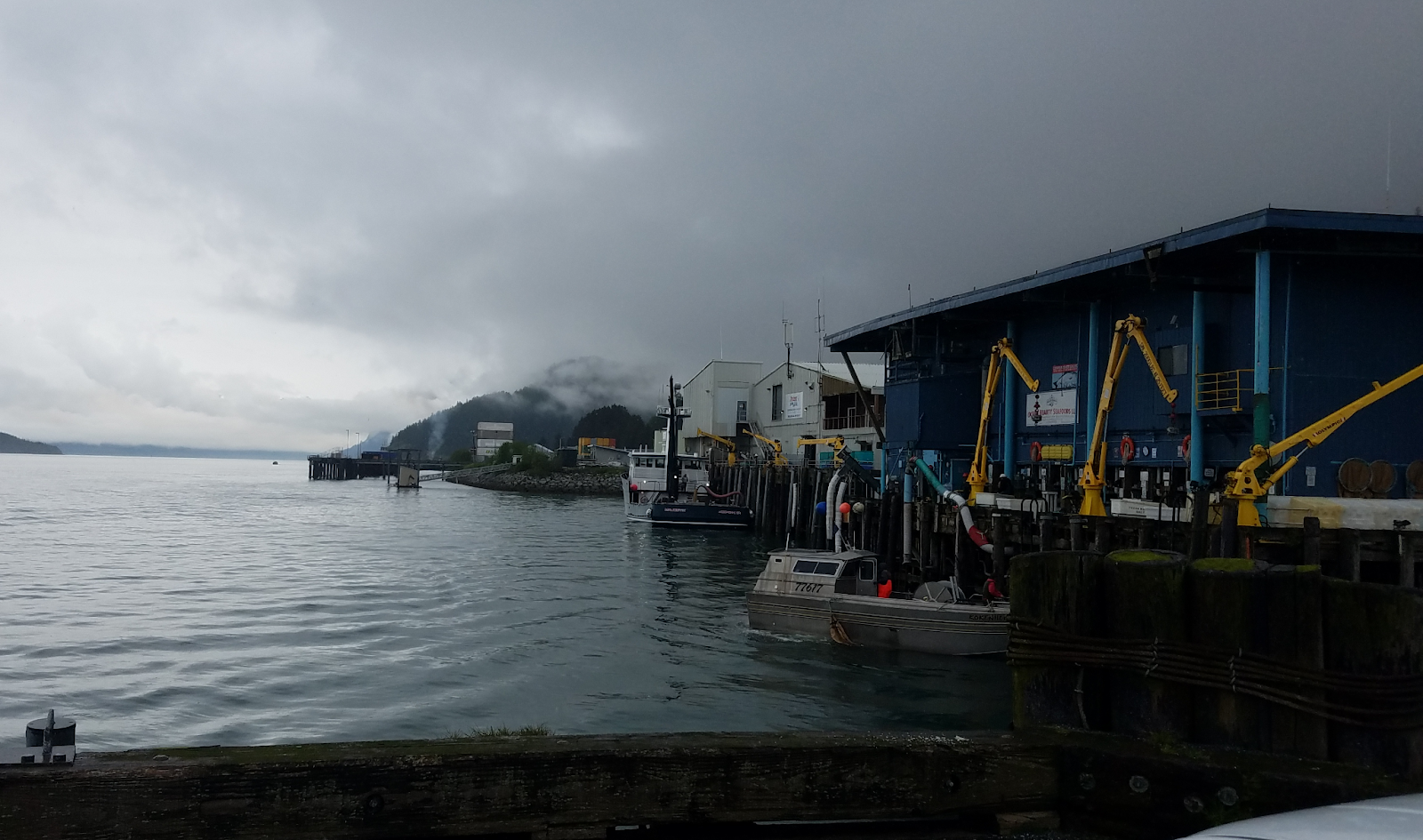
The reality of the War on Drugs: one Alaskan town’s experience
June 20, 2023 | Post
The war on drugs has been an abject failure and has led to immense suffering. Here, we look at the experience of one town in Alaska…

Up in smoke: why new restrictions on vaping products are not about public health
May 23, 2023 | Post
Australia’s new ban on single use and non-prescription ‘vapes’ will stretch enforcement and health agencies, give rise to an already rampant black market, and force vapers back onto expensive and harmful cigarettes.
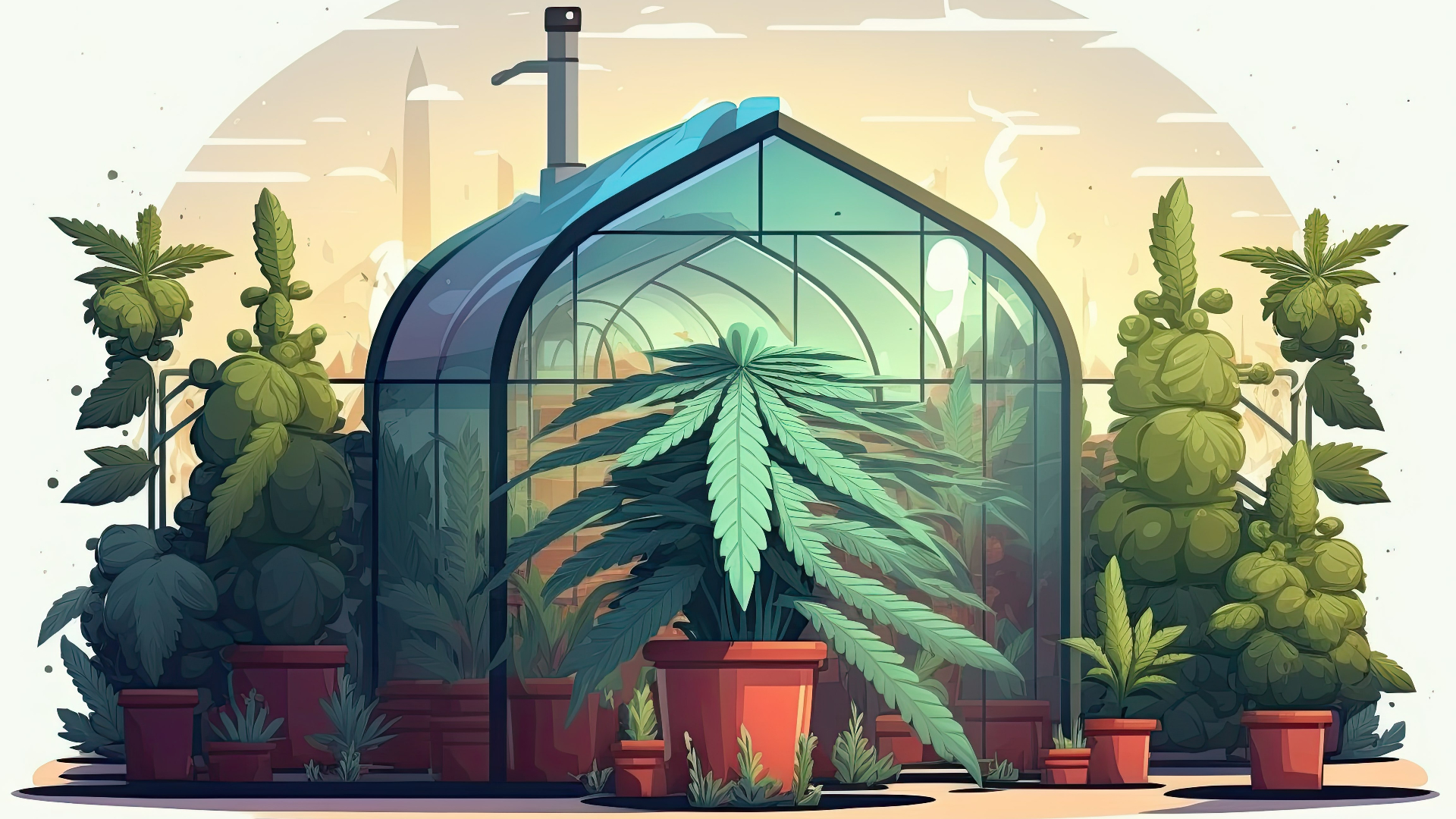
The right drug policy: legalize and educate
April 26, 2023 | Post
Decriminalization, as we define it today, removes the penalty for simple possession of drugs, but still enforces penalties on individuals found selling or trafficking.This policy is certainly better than prohibition and will undoubtedly save countless lives. However, it does maintain the worst problems created by prohibition. Here’s why the right drug policy is to legalize and educate…
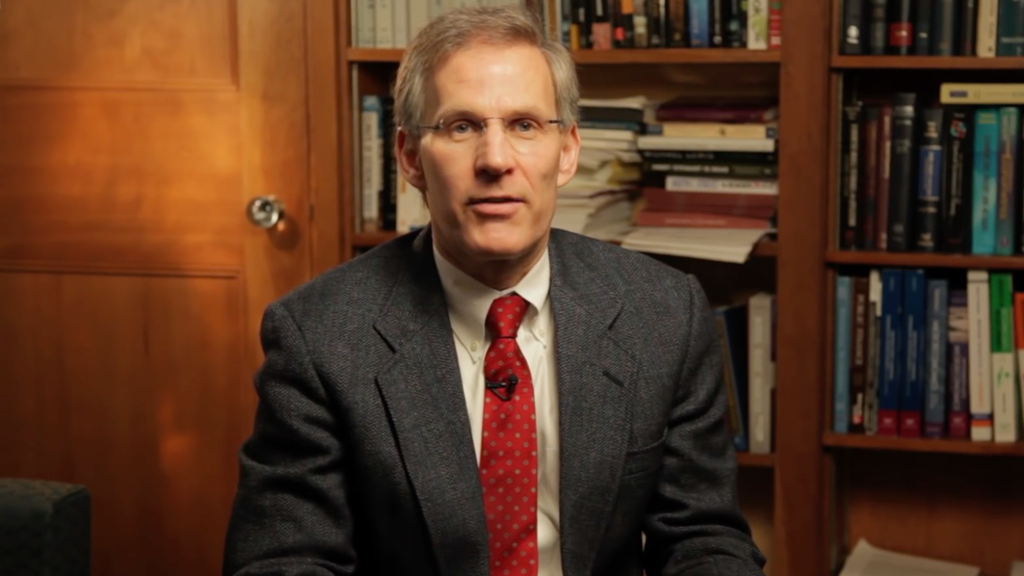
Expert answers on the Drug War: highlights from Prof. Jeff Miron’s AMA
April 7, 2023 | Post
In 2017, Professor Jeffrey Miron held an “Ask Me Anything” conversation on Reddit as part of the Learn Liberty Reddit AMA Series.
The conversation focused on Dr. Miron’s 30+ years of study on the effects of drug criminalization. Check out some of the highlights…

The do’s and don’ts of medical marijuana in Pennsylvania
March 27, 2023 | Post
For many people who suffer from a debilitating illness or who are in chronic pain, medical marijuana has proven to be an effective remedy. Researchers estimate that over 5.5 million Americans are currently using medical marijuana for a variety of conditions, including MS, HIV or AIDS, cancer, chronic pain, IBS, and glaucoma.If you’re thinking about trying medical marijuana in Pennsylvania, here are some tips…
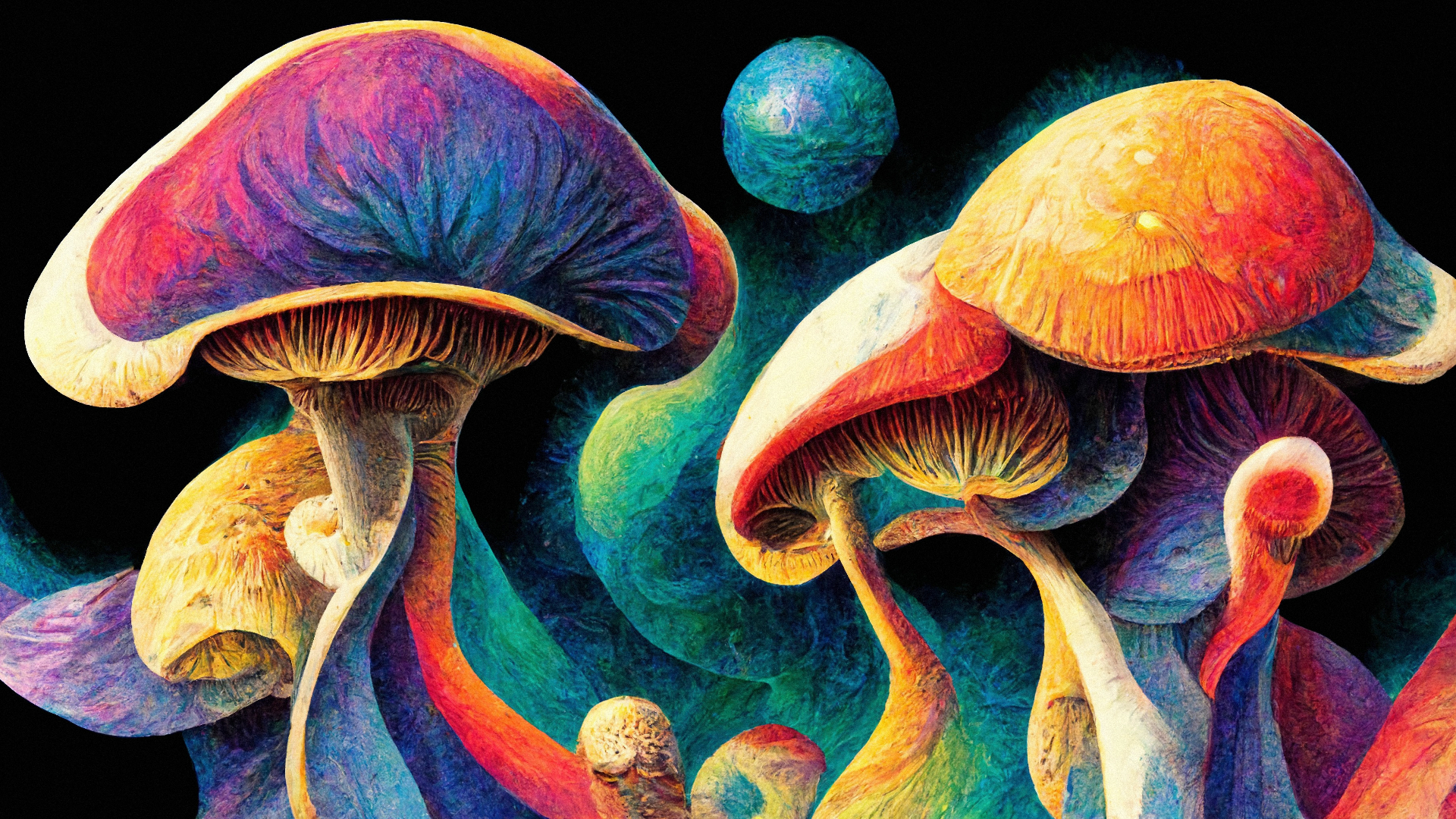
What is the future of psychedelics?
February 16, 2023 | Post
To talk about the future of psychedelics, it’s important to know a few things about the past. For the entirety of recorded history, man has used plants to alter his consciousness. Every civilization that we know of, besides those living in barren arctic climates, have used some form of plant or fungus to explore their mind…

Which states accept out-of-state medical marijuana cards in 2023?
January 10, 2023 | Post
Which states allow for the use of out-of-state medical marijuana cards in 2023? Learn about the process involved in obtaining a card and the different state regulations individuals must then navigate…

Biden’s pardon of those convicted of marijuana possession is a huge step
October 7, 2022 | Post
President Biden has made the momentous decision to issue a pardon for all those convicted under federal law for possession of marijuana. This long overdue course of action is a huge step in the right direction.

Marijuana taxation will undo the benefits of legalization
December 8, 2021 | Post
Legalization makes marijuana safer for consumers, but taxation can undo these benefits, rendering legal markets unable to compete with street dealers

The Lingering Effects Of The Prohibition Era
May 21, 2021 | Video
The Prohibition Era is a dark time in US history: bootleggers, corrupt politicians, mafia organizations… It is gone, but alcohol laws are still reminiscence of that time. We realized this only after the pandemic.
In this video, we talked to Jacob Rich, policy analyst of the Reason Foundation/Magazine, discussed the history of alcohol policies in the US and how to improve them for the future.

We are not equal under the law
April 28, 2021 | Video
Two days before Breonna died, we discussed the War on Drugs with Aaron Bosset, founder of the Black Cannabis Commission.
His words are even more relevant today.
The War on Drugs is not about race alone. The welfare state, qualified immunity, police unions, and the effects of these broken institutions all play a part. But it is important for us to give notice to this major piece of the puzzle.

End The Drug War
April 28, 2021 | Video
The War on Drugs paved the way for the United States to lay a domestic foundation for a massive and overwhelming system of oppression.
Launched in the United States by former President Richard Nixon in 1971, drug criminalization served as the catalyst for firing an international crusade, strong-arming other countries into criminalizing cannabis whether they wanted to or not.
In this interview with Aaron Bossett, Founder of the Black Cannabis Commission, we answer the following questions:
– Who is Harry J. Anslinger and why did he invent a new ‘public enemy’?
– What discovery helped to reignite the medical marijuana movement?
– How does the War on Drugs continue today, despite seeing an upward trend towards legalization?
– How does state legalization fail to address the harmful effects of the War on Drugs in minority communities?
#4/20 #WarOnDrugs #EndTheDrugWar

Why the War on Drugs is a War on People
April 28, 2021 | Video
The War on Drugs was launched in the United States by former President Richard Nixon in 1971. This allowed for the criminalization of drug use, which led to the mass incarceration of millions of Americans, particularly for communities of color.
Jacob Sullum, a senior editor at Reason magazine, has been writing about drug policy since the 1980s. In this video, he answers the following questions:
How does the War on Drugs give rise to a black market with fatal consequences?
How does the War on Drugs endanger the general public’s privacy?
How does the War on Drugs give police a license to steal your cash?
#WaronDrugs #EndTheDrugWar #DrugPolicy
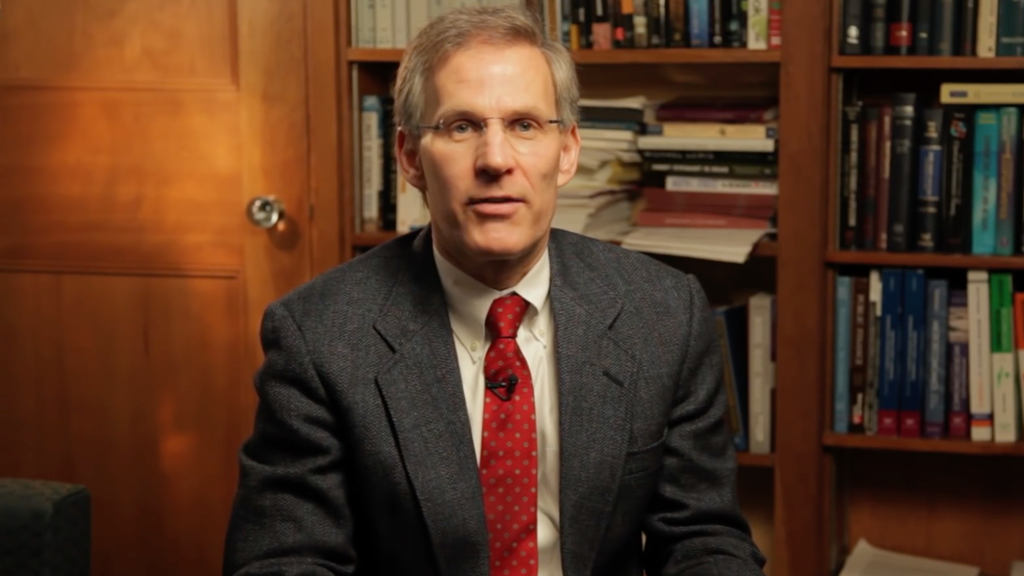
Reddit AMA with Professor Jeffrey Miron of Harvard University
August 4, 2017 | Post
Dr. Miron has written over 100 op-eds and several books, including Drug War Crimes: The Consequences of Prohibition (2004) and Libertarianism: from A to Z (2010).

The War On Drugs Is A Failure
December 20, 2016 | Video
According to professor Steve Davies, “In terms of its own goals, the war on drugs is a catastrophic policy failure.” When you create a system that leads to mass incarceration, a network of international crime, and funds terrorism– without accomplishing what it set out to accomplish– that program should probably be revisited.
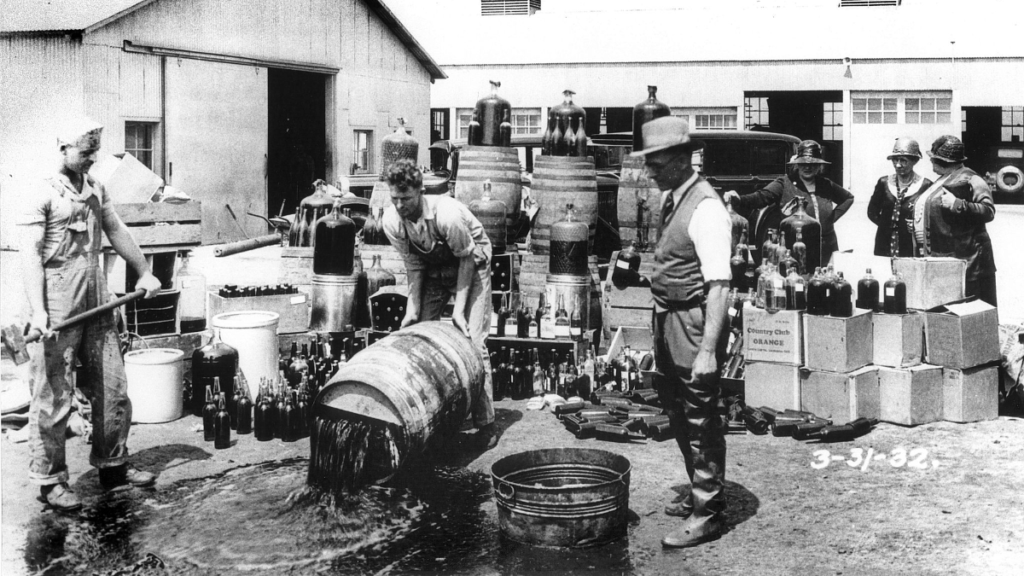
Raise a glass to the 21st amendment!
December 5, 2016 | Post
December 5, 1933 is a landmark date in American Constitutional history, for it marks the only time that a constitutional amendment has been ratified to repeal another constitutional amendment.
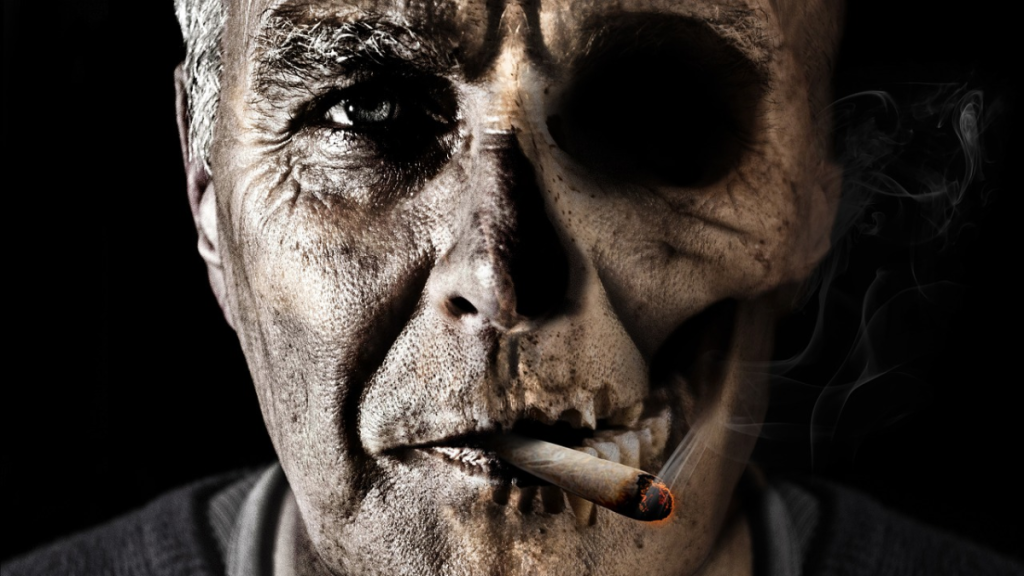
The right drug policy: decriminalize and discourage
November 18, 2016 | Post
Drug prohibition has failed, but legalizing harder drugs is not the solution.

Sobering up: Why the war on marijuana should be over soon
November 5, 2016 | Post
Here’s the current state of marijuana legalization efforts around the country.
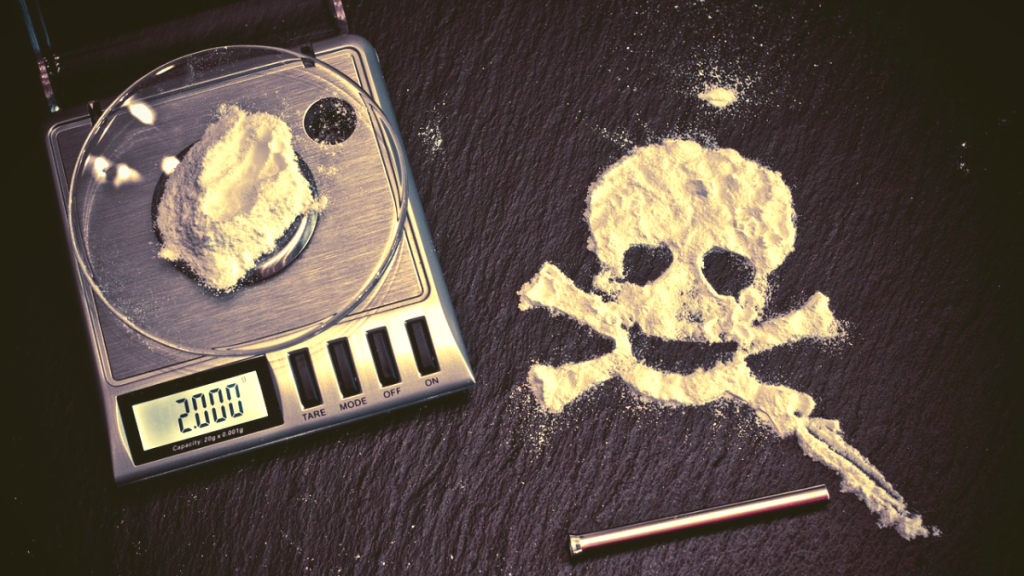
If you support legalizing weed, you should also support legalizing crack
November 2, 2016 | Post
The logic for legalizing marijuana holds true for legalizing “hard drugs” as well.
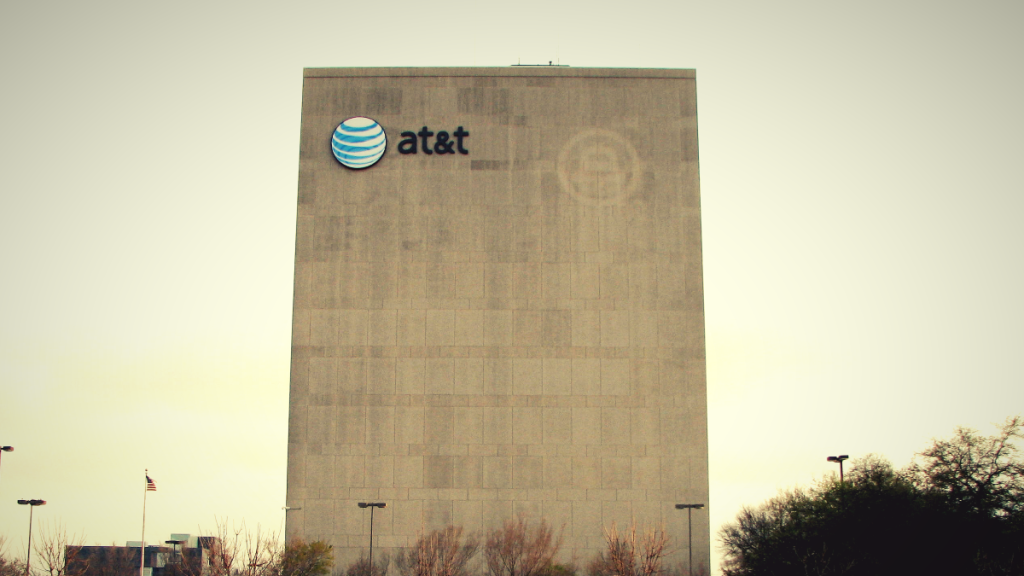
What you missed: Week of 10/28
October 28, 2016 | Post
Automated beer runs, Obamacare’s price tag, and AT&T spying.

Every 25 seconds: Human Rights Watch and the ACLU document more harms from drug prohibition
October 26, 2016 | Post
A new report from the ACLU and Human Rights Watch details many of the harms associated with the criminalization of drug possession. The most striking finding from the report is that police in the United States arrest more people for marijuana offenses than for all violent crimes combined. The title of the report, “Every 25 […]

